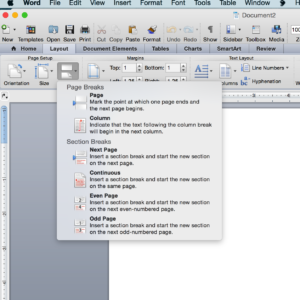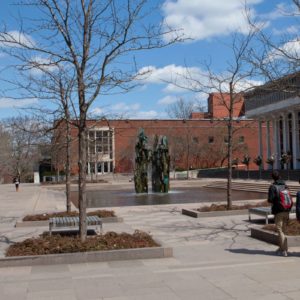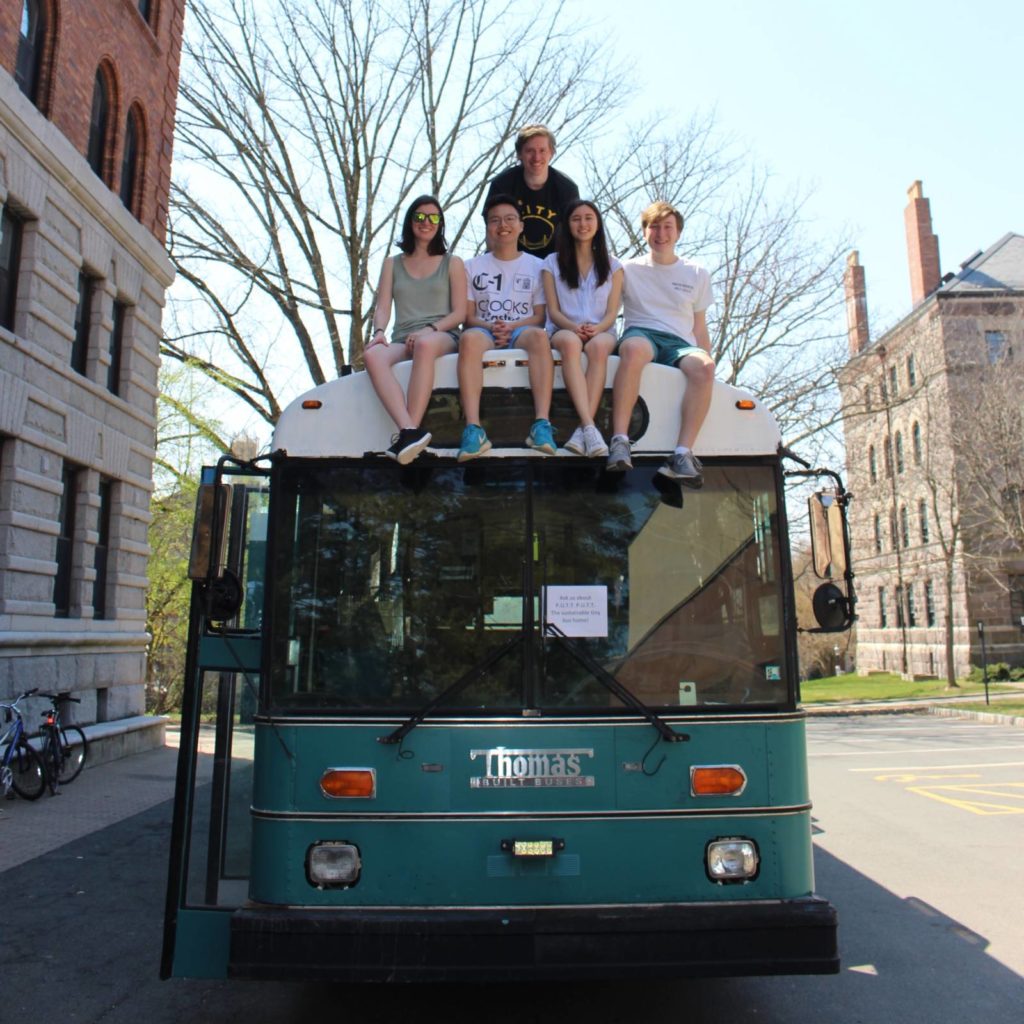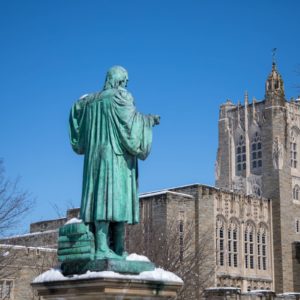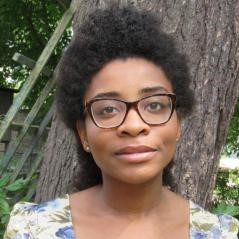This semester, in our spring series, PCURs will interview a graduate student from their home department who either is currently a graduate student at Princeton, or attended Princeton as an undergraduate. In Graduate Student Reflections: Life in Academia, interviews with graduate students shed light on the variety of paths one can take to get to graduate school and beyond, and the many insights gained along the way from research projects and mentors. Here, Rafi shares his interview.
~~~~~
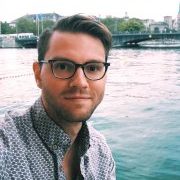
Jonathon Catlin is a second-year Ph.D. student in the Department of History, focusing on intellectual responses to the Holocaust. Before beginning at Princeton, he earned his B.A. from the University of Chicago in Jewish Studies and Fundamentals: Issues and Texts and his M.A. in philosophy from KU Leuven in Belgium. A few days ago, I sat down with him in Chancellor Green café to hear about his research journey and some of what he’s learned along the way.
How did you arrive at your current research topic?
I was a junior in high school and, for whatever reason, I decided to take a course called “The Holocaust in History, Literature, and Film” at Harvard Summer School. Why I chose it I don’t know, but the rest is history. Holocaust representation and its intersections with philosophy, religion, literature, film — all in a sort of historical context — is essentially what I’ve been working on for about eight years now, bouncing around multiple disciplines.
My dissertation is hopefully going to be on the concept of catastrophe in modern European thought – a project I’ve been working on since my first year of undergrad. I guess the newest thing for me about coming to Princeton is that I’m in a history department now, which is just totally different than the interdisciplinary humanities focus that I was used to.
Continue reading Graduate Student Reflections: An Interview with Jonathon Catlin



